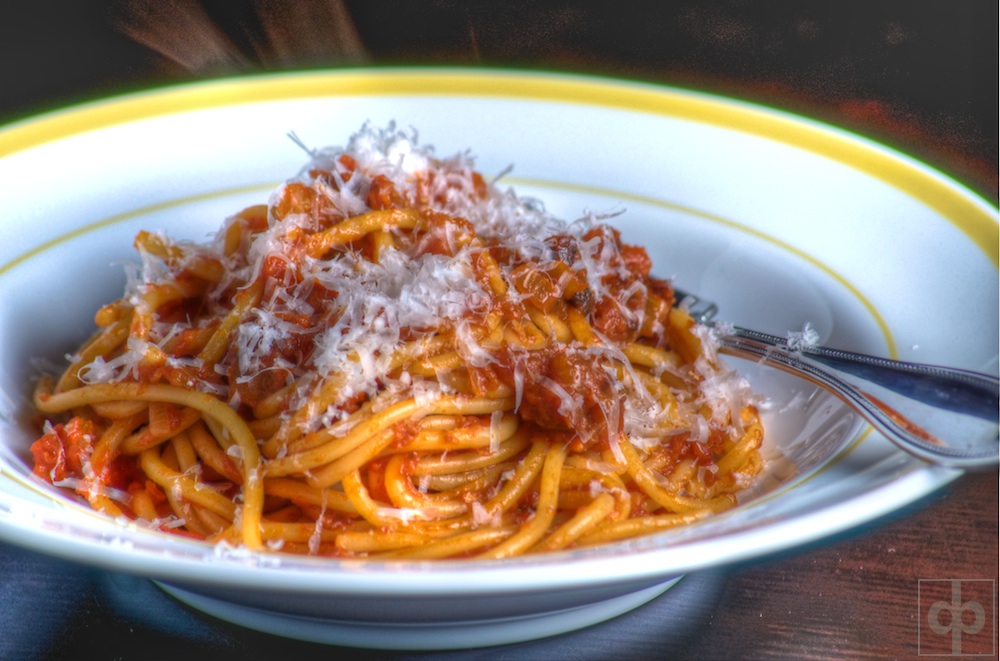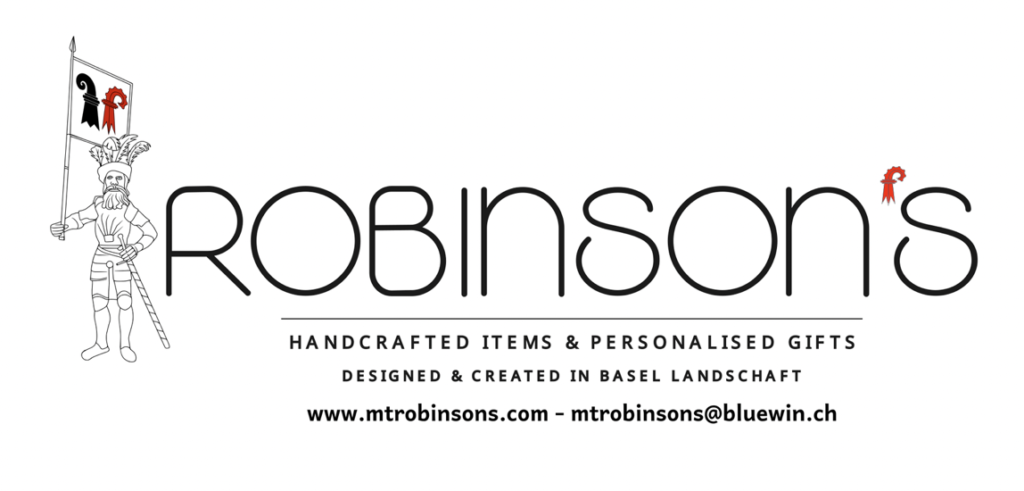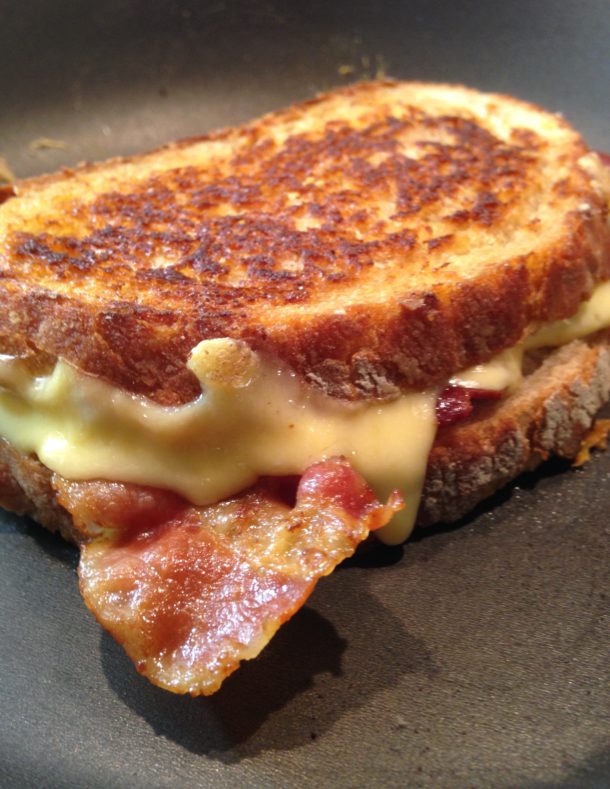We love when we get to meet someone who has the same culinary goals as us: To inspire people into action and take the leap into their own food projects. Whether that be reinventing something, generating whole new flavours or even just attempting to master something unfamiliar to them, it’s what we live for. Luckily, it’s what Sean Timberlake, moderator, curator and founder of Punk Domestics lives for too.
Punk Domestics is a content aggregation site for the hardcore DIY food community. Community members contribute and share their experiences in home food preservation in areas such as canning, preserving, pickling, dehydrating, curing meats, making cheese, home brewing, foraging and microfarming. And Sean Timberlake is at the center of it all. He’s also this week’s Feature Food Innovator.
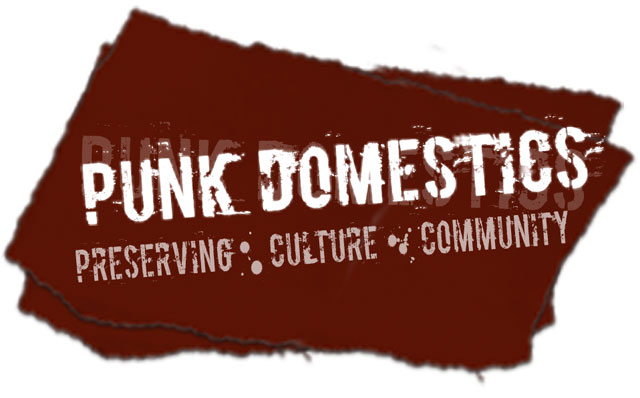 Hi Sean! Can you briefly tell our reader how you came to do what you do?
Hi Sean! Can you briefly tell our reader how you came to do what you do?
I’ve been writing professionally since 1996. I started in tech, at CNET, then became a travel editor for a while for a now-defunct publication. When that job dried up and I went back into product management, I needed a space for my creative energies, so I started blogging about food, launching Hedonia in February 2008. I became fascinated with home food preservation along the way, and realized no one was curating content around that topic at the time, so I launched Punk Domestics in July 2010.
What inspires you about food?
For something that is so simple — something each of us consumes every day (if we’re lucky) — it is endlessly complex. Each dish is a universe within itself, encompassing culture, history, technology. You can never know everything about food, not even everything about one food.
Where does that inspiration come from?
I’m constantly inspired by the Punk Domestics community. Truly, I learn something new every day from the content they submit to the site.
That’s always the best way to learn – from our communities! Speaking of communities, what’s your most memorable food experience?
I don’t always get excited about very high-end food, but we did dine at Alinea once, and it was amazing. Each dish was transportive and transformative. It was a literal journey, with dishes evoking a sense of time and place.
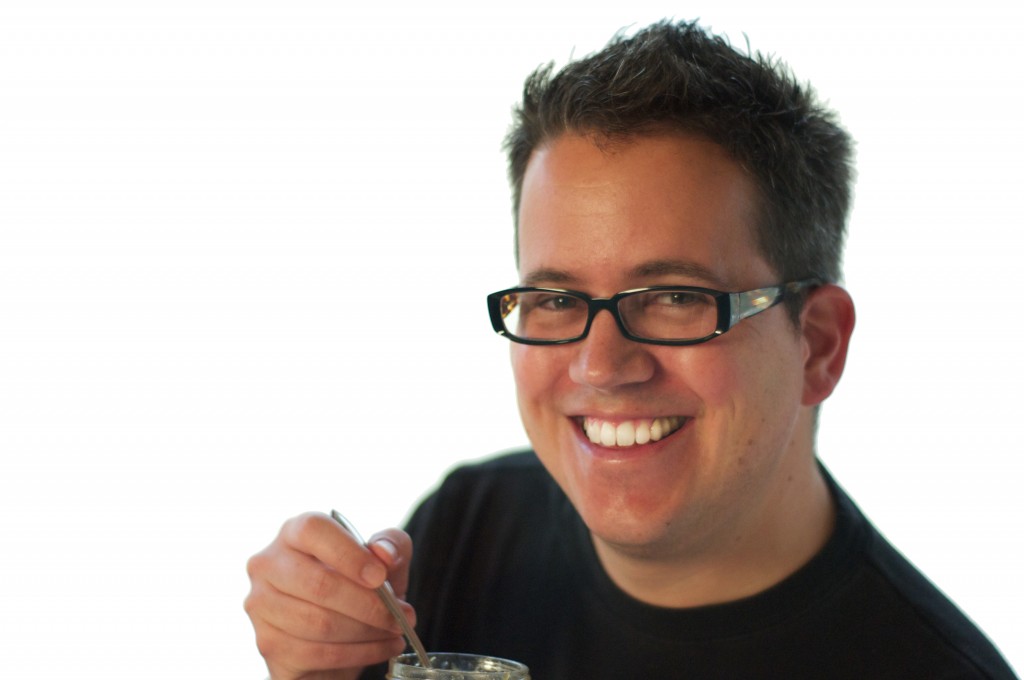 That sounds very innovative! What then does food or kitchen innovation mean to you?
That sounds very innovative! What then does food or kitchen innovation mean to you?
It’s when someone breaks the mold and tries working with combinations that some may think shouldn’t work, and makes them harmonize. My friend Kathy Strahs recently wrote a book on panini press cookery, and one of her recipes was for a grilled cheese sandwich made with brie, Nutella and basil. I would never have thought in a million years that combination would work, but it turns out it does.
What’s one thing you just can’t live without in the kitchen?
A good, sharp chef’s knife. I’ve become pretty adept with one, and rarely use a food processor unless I’m processing large quantities of something.
What’s the one thing you CAN live without in the kitchen?
Gadgetry. There are a few appliances I use for convenience — the aforementioned food processor, a stand mixer with attachments — but if the task of the tool is too specific, I don’t have room for it in my kitchen, or my life.
Do you have any food or ingredient obsessions?
I am a chili pepper addict. I acquired the taste while living in New Mexico many years ago, and now I basically cannot eat anything without applying some heat to it. It’s fun playing with different varieties, coaxing out different flavors and levels of capsaicin heat.
Our audience likes spicy dishes so they’ll love that! Is there anything you refuse to cook with or eat?
I’m somewhat famous for my aversion of oranges. I adore nearly all other citrus, but oranges are abhorrent to me. If you peel one in front of me, the smell actually nauseates me. It’s so commonly used, and considered so benign, but if I take a bite of something made with orange, it’s all I can taste. It completely takes over.
Is there a way food can take over in the bedroom? …In a good way?
Oh, sure. Food is medicine. What we eat affects our physiology, so it stands to reason that some may have an impact on, ahem, blood flow. Others are psychological or symbolic. Your mind does the rest.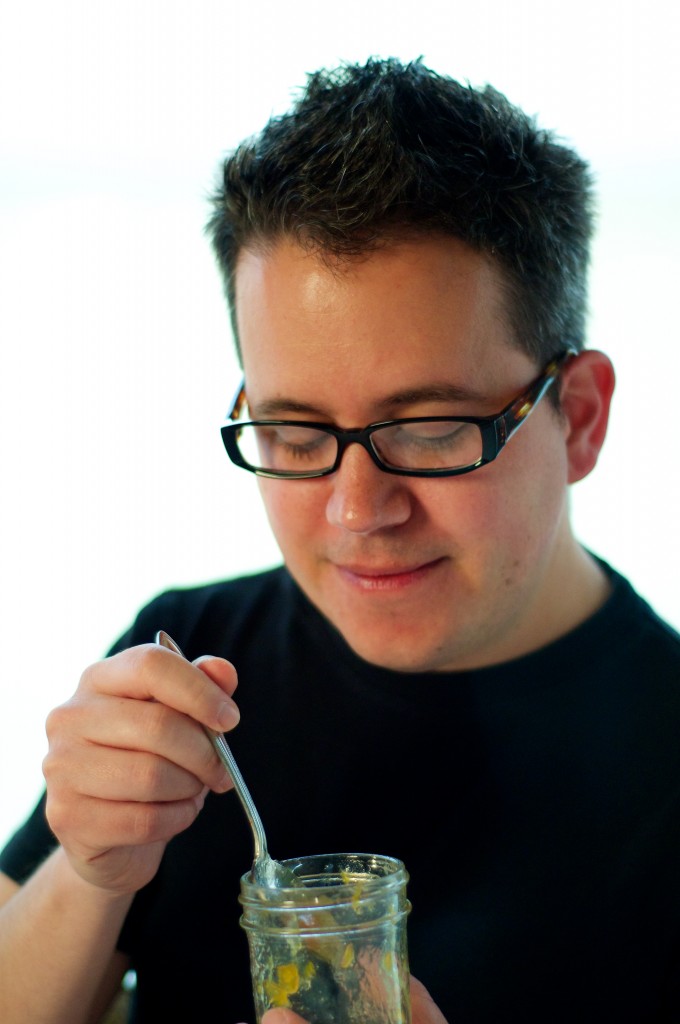
Ha ha! What’s the most interesting or important thing in your food world right now?
Lately I’ve been fermenting everything — kraut, kimchi, beets and turnips, you name it. There’s something about the art of controlled rotting that is fascinating.
Have you ever had a “WOW!” moment with food or in the kitchen?
The first time I made butter in the stand mixer was sort of amazing. I don’t know why I was so impressed by it. It’s dead simple, and hardly a new concept, but there was something about watching cream turn to whipped cream and then congeal into butter that made me want to shout I HAVE MADE MAGIC! But every day in the kitchen reveals major or minor epiphanies.
What’s been the hardest (and most valuable) lessons you’ve ever learned?
Eat your mistakes. It’s the only way you’ll know how to do it differently next time.
That’s a great lesson. How do you then define success in the kitchen?
When you set your mind to create something, you have a specific flavor you’re after, and you nail it. Most days, though, I’m happy just to get food on the table.
We fight with the same thing which is why every night we recommend a dinner idea for our audience with a drool worthy photograph. What’s your go-to dish for your supper?
I’m half Italian-American, so pasta is its own food group. A simple red sauce will do; amatriciana is even better. You don’t have to make your own guanciale, but I see no reason why you wouldn’t.
It looks delicious! We also have a series where people tell us about the last meal they’ll ever eat (if given the option, of course). What would be your last meal ever?
I’m a grazer. Lay out a spread of meats, cheeses, bread, pickles, fruit and hot sauce. It will look like I’ve already made it to heaven.
What’s the one thing you would tell someone who is inspiring to follow in your footsteps?
Be passionate. Be confident. Make mistakes (and eat them). Remember: It’s just food.
Absolutely! I think too often we get wrapped up in worries about getting a dish “right” rather than simply getting a dish we enjoy. It’s so important to make mistakes and as you say, “eat them”. Experiential learning is key in the kitchen! Well said, Sean.
Find Sean Timberlake: Punk Domestics | Hedonia | Twitter | Facebook | Google+
The Culinary Exchange can be found on Facebook, Twitter, Instagram, Pinterest, Google+ and YouTube.
Come on! Follow Along!


